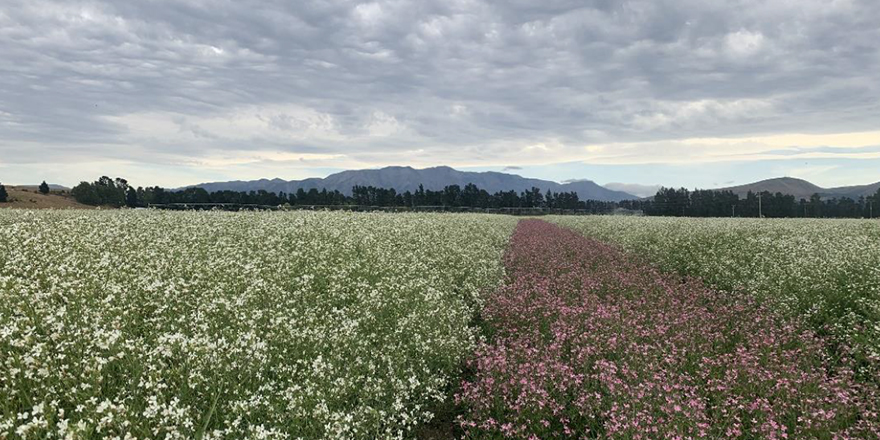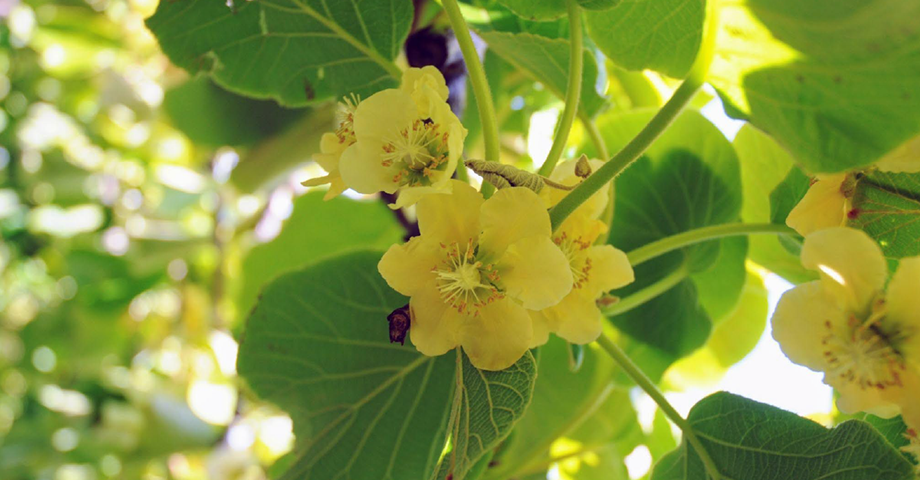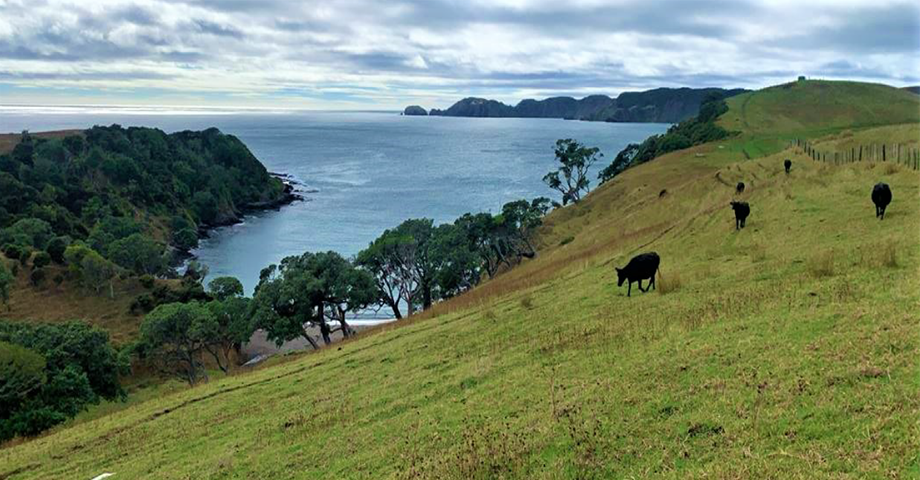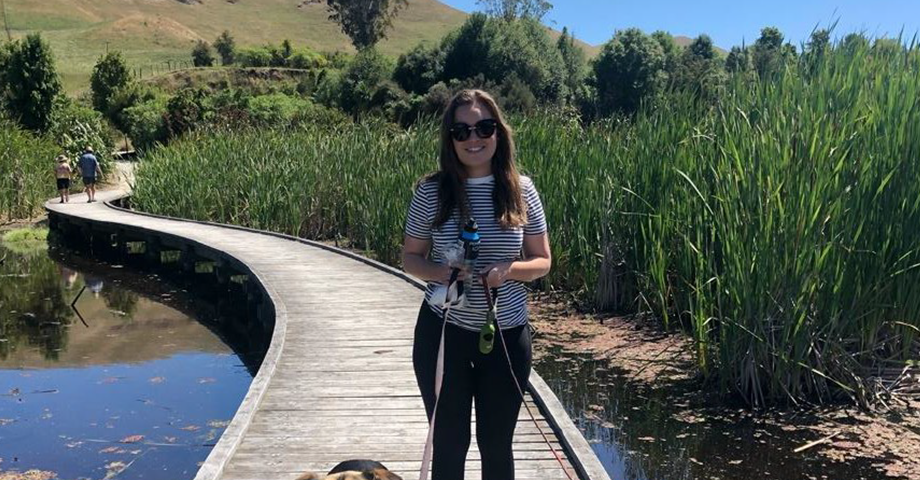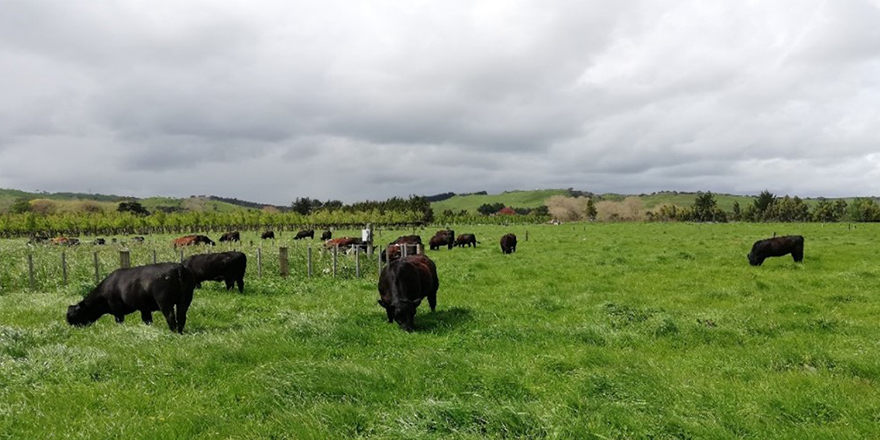
Executive summary
To answer the question, this report considers if these methods can be defined, it explores the main principles and drivers based on a comprehensive literature review; the baseline is conventional farming, and the research shows sustainable farming is usually regenerative and organic and often conventional.
Organic, regenerative, and sustainable are all buzz words; they are methods of farming, growing, and processing; also used in marketing for recognition and financial advantage. This report found that a farmer may align their identity with their chosen method and a consumer’s decision to purchase may be based on their understanding of these terms and an alignment of their values, particularly where there is a premium paid. This report found consumers use the terms loosely and the complexities of farming methods are not understood by non-farmers.
There are no definitive definitions of organic, regenerative agriculture (RA), sustainable or conventional farming in New Zealand (NZ). Each method is guided by principles, and the report finds there are few differences between these, and this means that farmers can use principles from any method. Sustainable practices guide each of the methods and much conventional farming.
NZ farming already has a clean green advantage, and many farmers are leaders in best practice which can be explored further. This report considers the new term, regenerative organic and found its meaning and the relationship with organic farming is not yet established in NZ.
The quick and simple answer is yes, a farmer may be across all these methods, but if claiming to be organic, must be certified.
Organics has had enormous success in becoming well established with stable export markets; legislation is imminent providing credibility and consumer protection; it is odd that organics received little mention in the RA research projects or in strategic planning for the food and fibre sector. It is unclear where it fits into the bigger picture for food and fibre.
Progress on RA is at an impasse waiting for industry and or government leadership; however, the journey has started, and recent announcements of research projects will provide much needed evidence and guidance on the extent that existing farm methods are already aligned with RA.
Some leading NZ scientists claim this task has already been done and there is nothing more to be gained. If RA is to gain traction, time is of the essence. NZ needs a strategy, purpose, and an agreed direction. There is an opportunity for NZ to lead the direction of RA.
The report briefly considers if there is a premium to be gained from these farming methods and how this is reflected in the export markets. This matters for NZ because, “our economic security depends on the primary sector, which this year earned us a record $53.3bn in exports” announced Minister Damien O’Connor1. In July 2022, red meat sales reached $1.1 billion according to the Meat Industry Association (Red meat exports reach $1.1b., 2022), NZ needs to continue to add value to its exports, rather than rely on volume of production by identifying its advantage, guaranteeing the quality of its farming systems, and marketing its story.
The food and fibre sector must act quickly, otherwise another nation will lead in regenerative and sustainable farming and the potential market advantage to NZ is lost.
Recommendations
The project provided clarity that there needs to be a collaborative way forward, the following actions are recommended to achieve a unified direction:
Strategy to establish the role and future of New Zealand farming methods
- The Government to facilitate a collaborative effort from industry organisations, the Ministry for Primary Industries (MPI) and research organisations to establish a representative leadership group (the Group).
- The Group to deliver a Strategy for organic, regenerative, and sustainable farming for the short and long term; this should align with, other sector specific strategies and address sustainable practices across New Zealand farming.
Research
- The Group should develop a methodology across all farming systems linking production, product quality, livestock, health, and well-being, adopt a holistic view, including evaluation of environmental, social and health impacts. This work must align with existing research programmes.
- The Group will distinguish between organic and regenerative farming, address the meaning of organic regenerative and sustainable, and include the outcomes in the overarching strategy.
Trade and Export
- The Group will develop the New Zealand story for consumers, investigate new markets, grow existing ones, and optimise what New Zealand does well.

